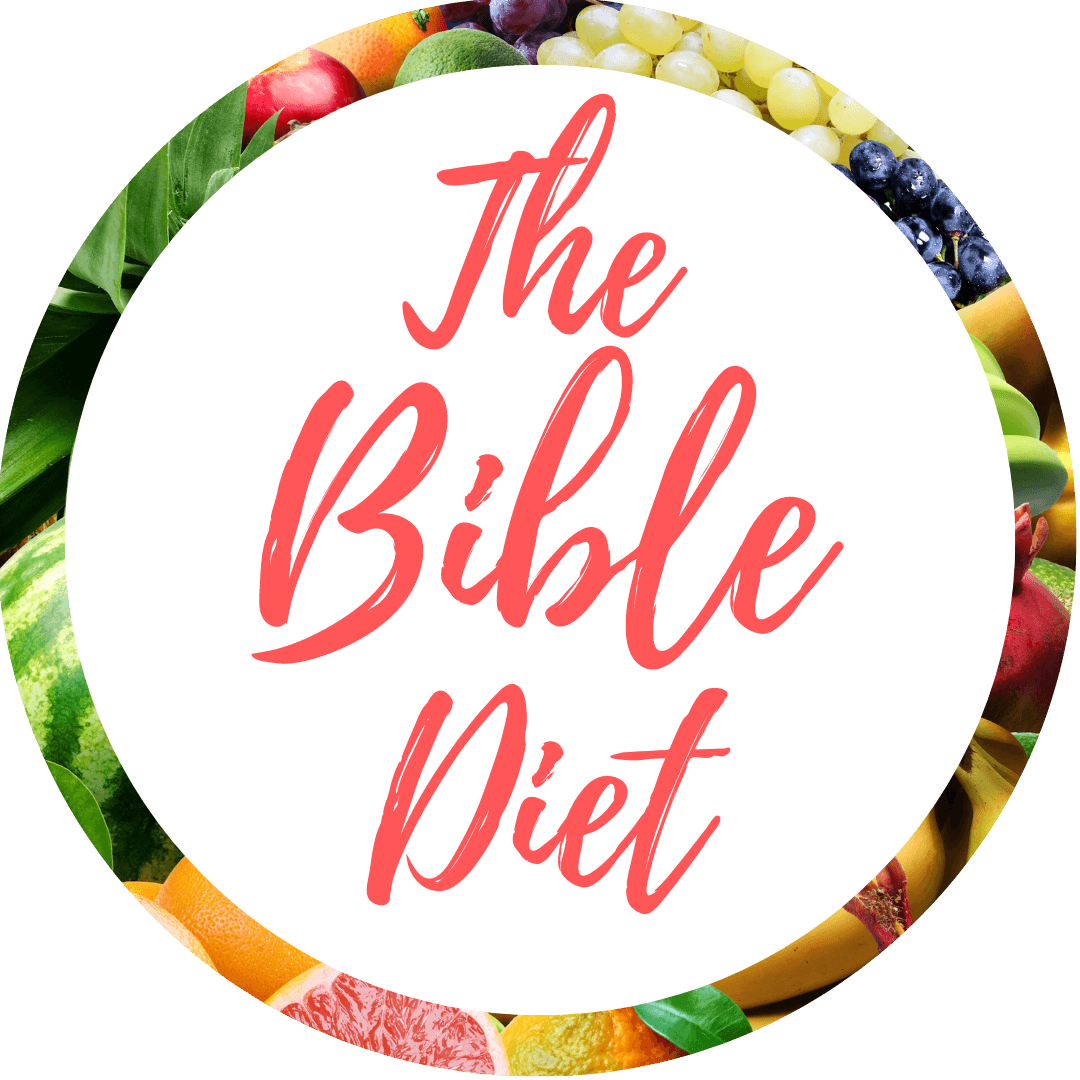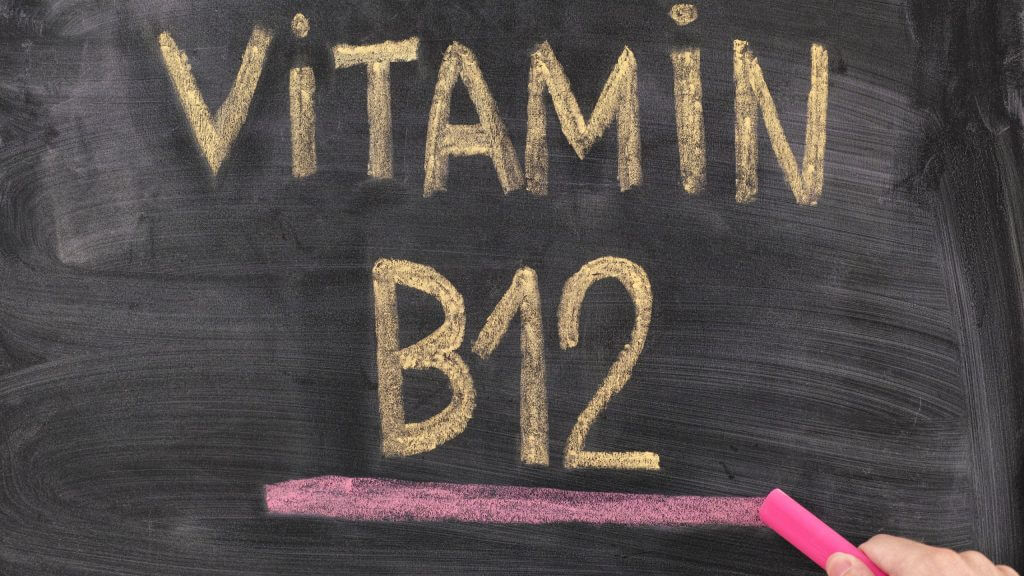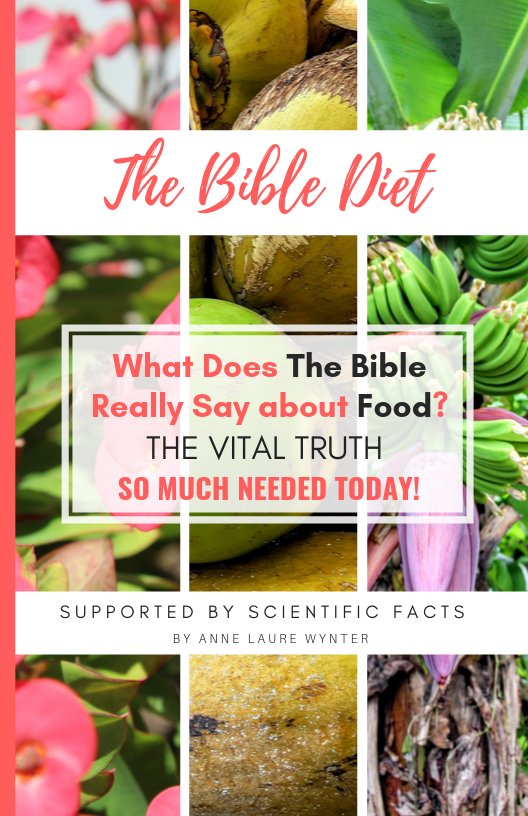Below is a content shared online by the naturopath Barbara O’Neill.
VITAMIN B12 – This is a very misunderstood vitamin. Yet not really a vitamin, more a bacteria. As an airborne bacteria it is found in rain water, in organic root vegetables and on organic fruit and vegetables. Cultured foods like Sour Kraut also contain traces.
The body doesn’t need a lot, these traces all contribute to supplying the body’s needs. But what is the least understood is the way the body absorbs it. B12 is bound to an R protein in food. Hydrochloric Acid in the stomach splits the B12 from the R protein. In the parietal glands that line the stomach, the Intrinsic Factor, IF is released. B12 and IF both travel through the small intestine until the ileum where the B12 and IF unite which allows the B12 to be absorbed out of the gut and into the enterohepatic circulation. In this system, that the liver is part of, the B12 is used by the body as it is needed.
CAUSES OF DIGESTION INSUFFICIENCY
- When B12 levels are low, it may be a dietary deficiency, but more often it is a compromise in digestion that causes low B12.
- Low Hydrochloric Acid (HCl), and an inability to make sufficient IF are often both the result of compromised digestion.
- Overeating puts a large burden on the digestive juices as only a certain amount is produced and too much food in the stomach exhausts the fine mechanisms eventually exhausting the HCl and IF.
- Eating every couple of hours inhibits the glands ability to produce adequate amounts of HCL and IF.
- Drinking with meals continually dilutes HCl and IF, eventually decreasing the supply of these vital enzymes.
- Anxiety and stress effectively block the production of HCl and IF.
- The brain cuts production when emotions run high.
- Meal time should be a peaceful time because of this.
- Late and large meals place a work load on the stomach when it should be allowed to rest.
- This contributes to exhausting HCl and IF supplies.
- Devitalized foods places a bigger load on the digestive juices.
- Dehydration inhibits HCl and IF production as these enzymes are made from water.
THE SOLUTION
1) Include cultured foods as part of the daily food intake.
2) Ensure a food program that includes 50% raw and 50% cooked. Have plenty of fiber, generous protein (legumes, nuts and seeds) and natural fats from nuts, seeds, olive oil and coconut oil.
3) Leave 5-6 hours between meals to allow digestion to advance unhindered, also ensuring a time of rest to allow the glands to generate enough gastric juices for the next meal.
4) Eat breakfast like a king, lunch like a queen, and supper like a pauper. This gives the stomach time to sleep, rest and thus rejuvenate with the rest of the body.
5) Drink at least 2 liters of water over the day, between meals. Ideally, cease drinking half an hour before meals and resume 1,1/2 to 2 hours after the meal. This will prevent dilution of gastric juices.
6) Chew the food well, this makes the stomachs work of digestion much easier as it creates smaller particles with a larger surface area.
7) “Cast off care and anxious thought as you sit to dine” excellent advice for the dinner table environment which allows proper digestion.
8)To boost HCl production:
- a)the juice of a lemon can be drunk in a little hot water just before the meal. Including lemonbased salad dressing can also help.
- b)1/4 teaspoon cayenne pepper in a 1/3 cup of water just before the meal
- c) drinking 1/3 cup of hot bitter tea just before the meal. This can include bitter herbs like Dandelion, Gentain, Golden Seal, Ginger. The hot and bitterness gives a message to the brain to release more gastric juices.
- d) Betaine Hydrochloride is an extract from Beetroot and can boost HCl production.
When B12 levels are very low, a supplement may be required initially, and then the levels can be maintained by implementing the points previously discussed. The best supplements are sublingual, as the need for HCl and IF are then not required. The B12 is absorbed in the mouth by the sublingual glands under the tongue thus bypassing the need for these enzymes.
Here are other good sources of information regarding the vitamin B12:
http://www.3abn.com/Series//HFAL/HFAL000226.html
https://www.forksoverknives.com/wellness/vitamin-b12-questions-answered-2/
10 Foods You Should Eat To Be Calm




